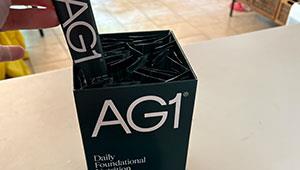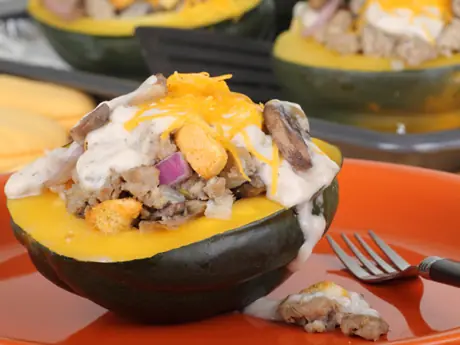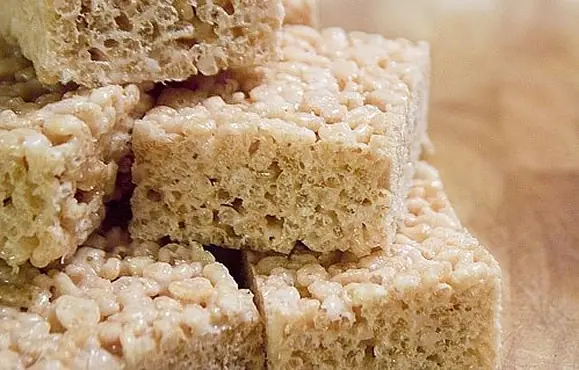Coconut oil is a medium-chain triglyceride (MCT), meaning its chemical composition contains from six to 12 carbons. Some studies suggest MCTs may be absorbed differently than other saturated fats. This could be due to the fact that coconut oil's primary fat component is lauric acid, and other saturated fatty acids' primary fat component is stearic acid. Other research has shown that MCTs tend to increase HDL better than other saturated fats, such as lard and butter.
However, unsaturated oils like olive oil have been proven to lower LDL cholesterol, improve total cholesterol/HDL ratio and potentially increase HDL. Studies on coconut oil remain insufficient at this point with small sample sizes over very short periods of time. Some benefits may be seen if you're substituting coconut oil for other types of saturated fats. For example, when a recipe calls for a hard fat, try using coconut oil as a substitute for butter or lard.
More: 5 Oils Perfect for Everyday Use
Coconut oil found in packaged goods isn't the same as the extra-virgin coconut oil you would cook with. Just like with trans fat, staying away from packaged goods that contain coconut oil would be best. In general, treat coconut oil like any other saturated fat, and limit your intake. Coconut oil's best role for now is to replace other saturated and trans fats in your diet.
Know Which Fats Are Best
Fats should be included in moderation in a healthy diet. The key is making the right fat choices. Consider these tips:
- Eat fatty fish, such as salmon, tuna and mackerel, two times per week or more.
- Choose soybean, walnut, flax, canola and olive oils.
- Include avocados, leafy green vegetables, walnuts and ground flaxseed.
- Choose the leanest cuts of red meat possible, and include other lean meat choices like chicken and pork.
- Limit fatty cheeses.
- Emphasize poultry, beans, nuts, lentils and soy protein.
- Avoid processed foods that contain partially hydrogenated oil and trans fats.
More: Understanding Healthy Fats in Your Diet
 Perfect your nutrition to boost your performance. Sign up for a race near you.
Perfect your nutrition to boost your performance. Sign up for a race near you.
- 3
- of
- 3
About the Author









Discuss This Article